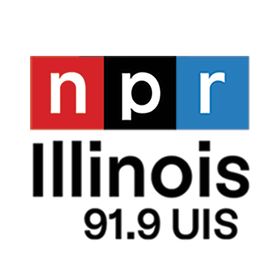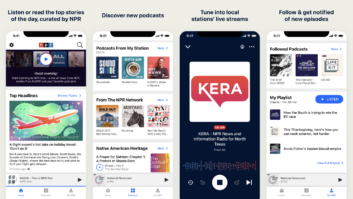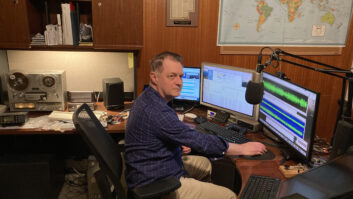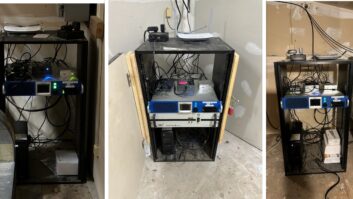NPR Illinois is dealing with an unknown technical problem that has kept one of its FM signals off the air for more than a month.
WIPA(FM), a 50 kW Class B signal on 89.3 in Pittsfield/Griggsville, has been down since July 28, according to General Manager Randy Eccles. The organization’s main signal, WUIS(FM) on 91.9 in the state capital of Springfield, was not affected. 
The silent signal serves a rural area to the west of WUIS, between St. Louis, Quincy and Peoria.
“Unfortunately, it takes a specialized crew to climb that 500-foot tower,” Eccles wrote in a blog post in mid-August. “Those crews are in high demand and they are not local, so we have to wait until they have the time and capacity to travel to us.”
Until the problem can be fixed, he pointed listeners to the web stream of NPR Illinois or to its feed on TuneIn. “If you’re driving, try to tune into 91.9 FM to catch the Springfield-based signal.”
Eccles told Radio World on Wednesday that he hopes the crew will be able to inspect in the next few days. “We believe the antenna or transmission line were damaged by a lightning strike, but we are waiting for them to confirm.”
WIPA has an older Broadcast Electronics FM-20B transmitter that feeds an oddball antenna, which is mounted at 492 feet above average terrain on a structure made by Central Tower.
The station doesn’t have a backup transmission site. “WIPA is a rural service,” Eccles said. “Unfortunately, we haven’t had the resources to build viable backups. We are hoping the new CPB Next-Generation Warning System grant program may provide funding to make the signal more reliable with backup for the future.
“When the WUIS site had a transmission line issue in the past year, we were able to use a backup antenna to continue service at low power until tower crews could do their magic. It took a while as we got caught by the post-pandemic supply issues.”
Eccles declined to guess how long the current outage might last. “We just filed for special temporary authority with the FCC. We get 180 days to be silent. I can’t imagine this, but if it takes a year, we forfeit the license. One day makes us nauseous.”
Eccles said operating rural service sticks and stations serving smaller markets like Quincy, Macomb, Galesburg and others are getting harder to justify from an expense standpoint.
“The audience needs to be served, but the funds that can be raised to support public radio don’t cover the costs,” he said.
“I imagine many licensees, especially universities, that used to subsidize these are having to consider whether they can continue to provide the service. They are still critical to inform the communities, which are losing their local papers and often don’t have reliable broadband for internet sources. In emergency situations, the cell service often takes longer to restore and broadcast fills a critical role during that period.”
Tim Boll is the chief engineer for NPR Illinois.












